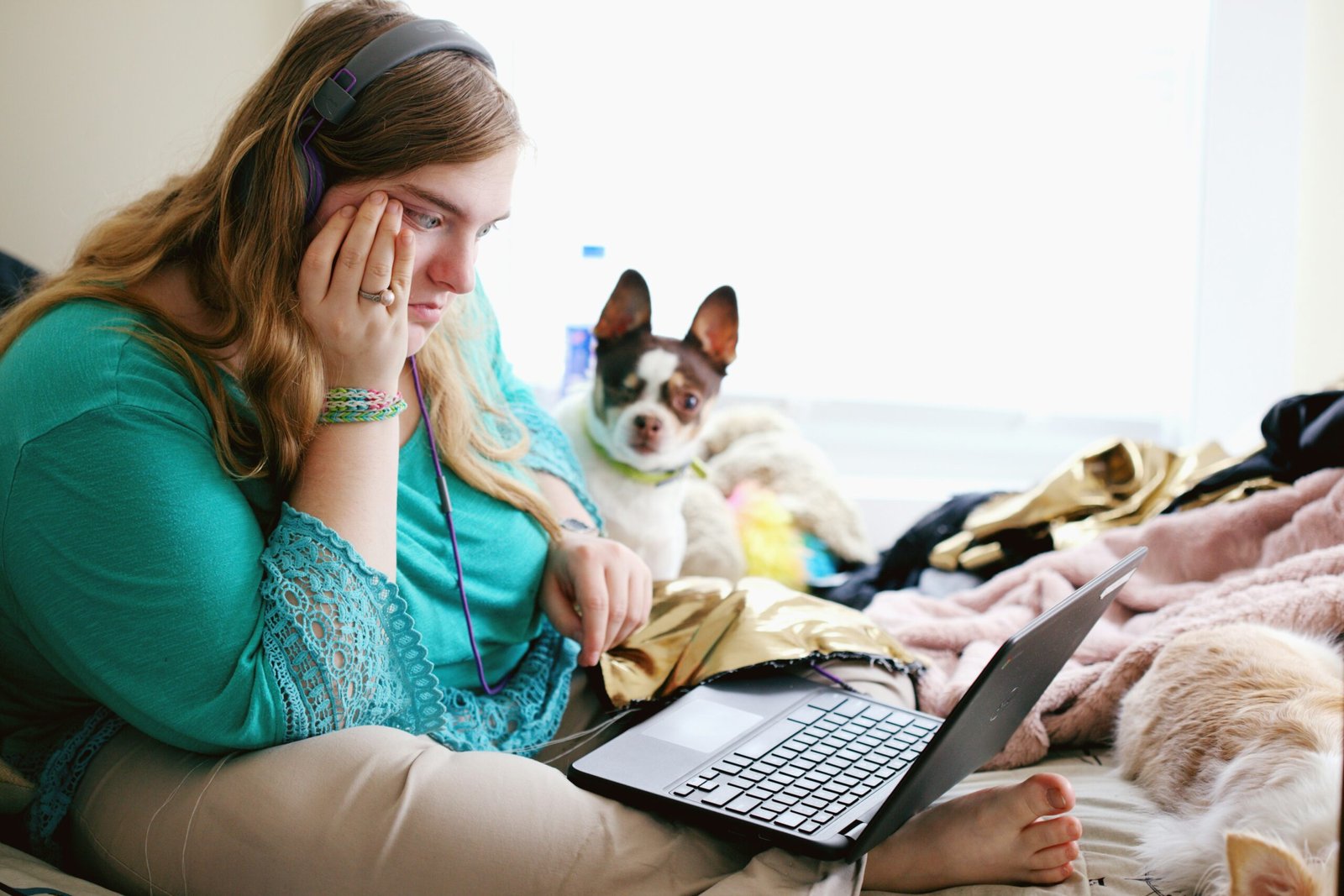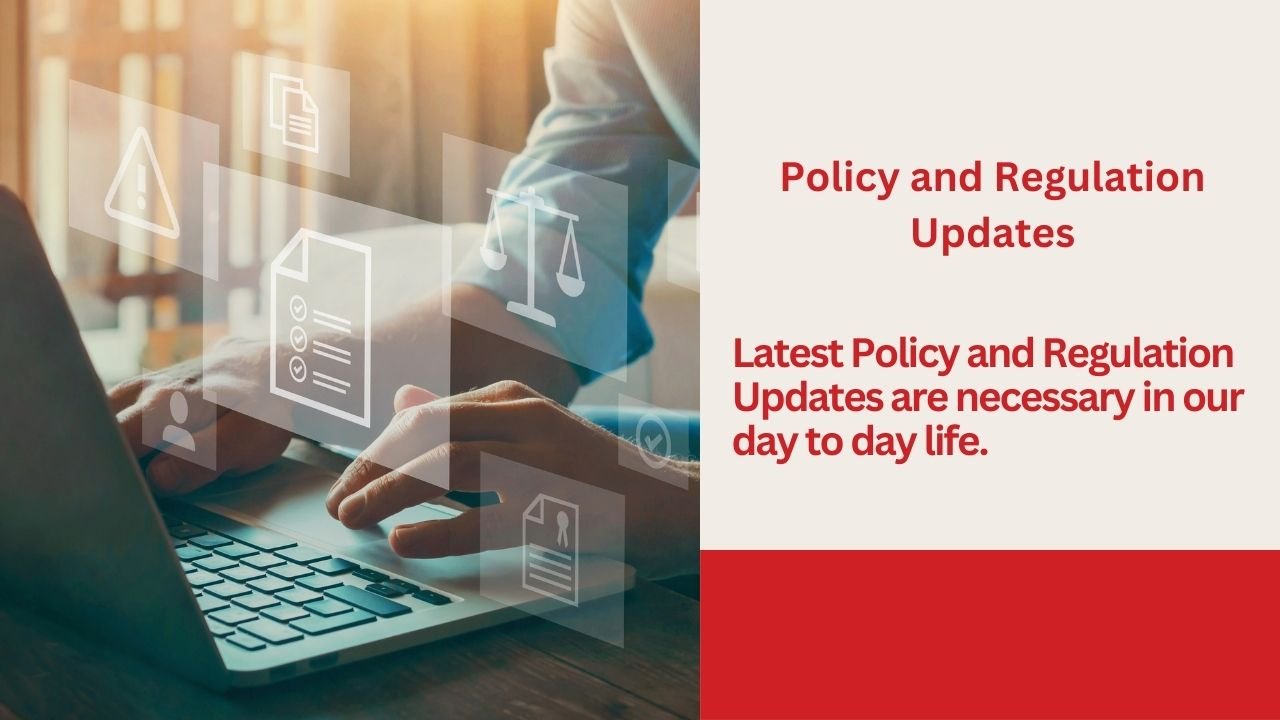
Remote learning has emerged as a prominent method of education, gaining substantial traction in recent years, particularly due to the unforeseen circumstances brought about by the COVID-19 pandemic. As schools and educational institutions sought ways to continue delivering knowledge while ensuring the safety of students and staff, remote learning strategies for parents became essential. This shift marked a significant transition from traditional in-person classes to various innovative online platforms designed to facilitate learning from home. Remote Learning Strategie
Understanding the Challenges of Remote Learning
The shift to remote learning has presented numerous challenges for students, which can significantly affect their educational outcomes. One of the primary obstacles is the multitude of distractions present in a home environment. Unlike traditional classrooms, where the atmosphere is structured and focused, home settings often include noise from family members, pets, and other activities that can divert a child’s attention from their studies. This lack of an optimal learning environment can impede a student’s ability to concentrate and absorb essential knowledge.
Furthermore, the lack of motivation is a prevalent issue among students engaging in remote learning. Without the physical presence of teachers and peers, students may struggle to maintain the same enthusiasm and commitment they exhibit in a classroom. The absence of face-to-face interactions and a structured schedule can lead to feelings of isolation, causing some students to become disengaged from their learning processes. This can ultimately result in lower academic performance and a diminished interest in their education. Remote Learning Strategie
Access to technology is another significant barrier that many students face during remote learning. Despite the increasing reliance on digital platforms for education, not all students have equal access to reliable internet or the necessary devices. Disparities in technology access can result in educational inequities, where some students thrive while others fall behind due to circumstances beyond their control. These issues underscore the critical role parents play in supporting their children through remote learning. By recognizing these challenges, parents can better equip their children to navigate this complex landscape of virtual education effectively.
Creating a Conducive Learning Environment at Home
Establishing an effective learning environment at home is crucial for the success of remote learning strategies for parents. One of the primary methods parents can employ is to minimize distractions. This begins with identifying possible distractions in the home, such as noise from televisions, mobile devices, or siblings. Creating a quiet atmosphere as much as possible during study hours can significantly enhance concentration levels, thereby aiding the learning process. Remote Learning Strategie
Another key element is the creation of a designated study space. This area should be equipped with the necessary tools for learning, such as computers, stationery, and adequate lighting. It is essential that this space be reserved solely for academic activities, as this physically separates leisure from study. When students sit down in this dedicated zone, they are more likely to adopt a focused mindset, reinforcing the importance of their educational commitments.
Encouraging Active Engagement with Learning Materials
Active engagement with learning materials is crucial for children’s educational success, especially in a remote learning environment. Parents can promote this engagement through various techniques, such as fostering a culture of inquiry.Remote Learning Strategie. Encouraging children to ask questions about the materials they are studying not only deepens understanding but also helps them develop critical thinking skills.
Maintaining Communication with Teachers and Schools
Effective communication between parents, teachers, and school administrations is crucial in the context of remote learning. Parents should regularly reach out to teachers to discuss their child’s academic progress and overall well-being. This proactive approach establishes a collaborative environment where parents can advocate for their child’s specific needs.
Supporting Social Connections and Emotional Health
As education increasingly shifts to remote learning environments, the importance of maintaining social connections and emotional health for students cannot be overstated. Parents should facilitate opportunities for their children to engage socially, even in a virtual context, such as organizing virtual study groups or playdates.
Conclusion: Reflecting on the Role of Parents in Future Learning Landscapes
The skills and strategies that parents have developed during the shift to remote learning are integral to navigation through the future landscapes of education. By embracing remote learning strategies for parents, families can shape successful learners and well-rounded individuals prepared to thrive in an ever-evolving world.



